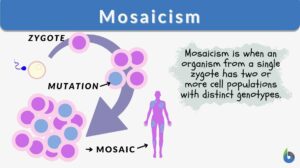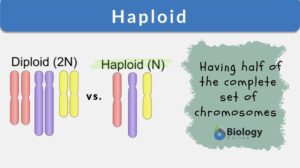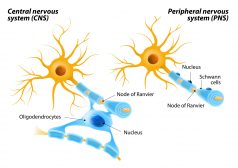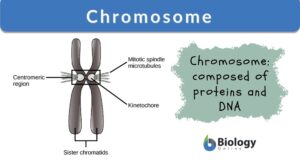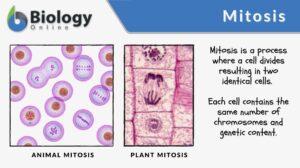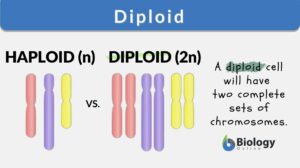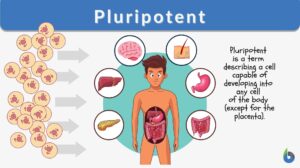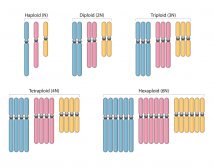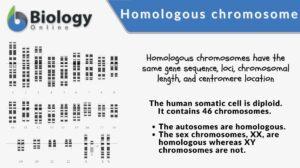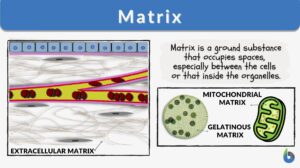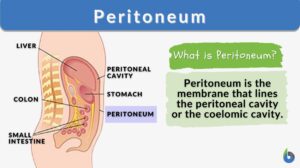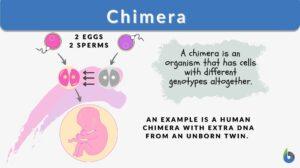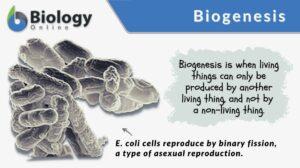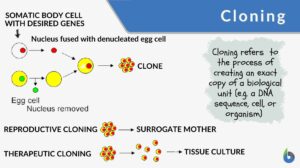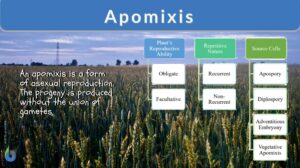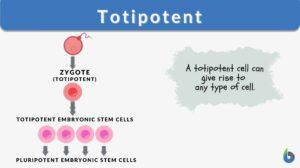Search Results for: somatic
Somatic cells
Definition noun, singular: somatic cell The word “somatic” is derived from the Greek word soma, meaning “body”.... Read More
Somatic nervous system
Definition noun The part of the peripheral nervous system that consists of afferent nerves responsible in relaying motor... Read More
First time! Human blood cell turned into a young sex cell
In essence, our body consists of two major types of cells – one group involved directly in reproducing sexually (called... Read More
The Central Nervous System
Myelin Sheath Myelin is a substance that forms the myelin sheath associated with nerve cells. This sheath is a layer of... Read More
Chromosome
Chromosomes Definition Chromosomes are thread-like structures present in the nucleus of plant and animal cells. Chromosomes... Read More
Pluripotent
Pluripotent Definition What is pluripotent? In biology, the term "pluripotent" means capable of developing into... Read More
Peripheral nervous system
Definition noun The part of the nervous system that relays between the central nervous system and the rest of the body,... Read More
Polyploidy
Reviewed by: Mary Anne Clark, Ph.D. Polyploidy Polyploidy is defined as the state of being polyploid, which... Read More
Homologous chromosome
A homologous chromosome pertains to one of a pair of chromosomes with the same gene sequence, loci, chromosomal length, and... Read More
Sensory Systems
A sensory system is a part of the nervous system consisting of sensory receptors that receive stimuli from the internal and... Read More
The Psychobiology of Hysteria
Editorial Hysteria is often regarded as the archetypal psychodynamic illness. Freud carried out much of his early work on... Read More
Parthenogenesis
To reproduce, by definition, means to produce new offspring. The process is referred to as reproduction, which is one of the... Read More
Peritoneum
What is the Peritoneum? The term peritoneum refers to the serous membrane that constitutes the biologically active inner... Read More
Voluntary muscle
Definition noun, plural: voluntary muscles A muscle that can be controlled voluntarily Supplement Some of the muscles of the... Read More
Polyploidy
Definition noun (genetics) The state of being polyploid, that is more than two sets of the chromosomes in a... Read More
Nervous System
THE is the most complicated and highly organized of the various systems which make up the human body. It is the... Read More
Cell division
Cell division is a biological process by which a parent cell duplicates its cell contents and divides to give rise to two or... Read More
Biogenesis
Biogenesis Definition Biogenesis refers to the idea or the process whereby a living thing comes from another living thing,... Read More
Sexual reproduction
Sexual reproduction is a mode of reproduction involving the fusion of haploid female gamete (egg cell) and haploid male... Read More
Sex chromosome
Definition noun, plural: sex chromosomes A type of chromosome in the genome that is involved in the determination of the sex... Read More
Totipotent
Totipotent Definition What is totipotent? In general terms, totipotency is defined as the ability of a single cell to... Read More

